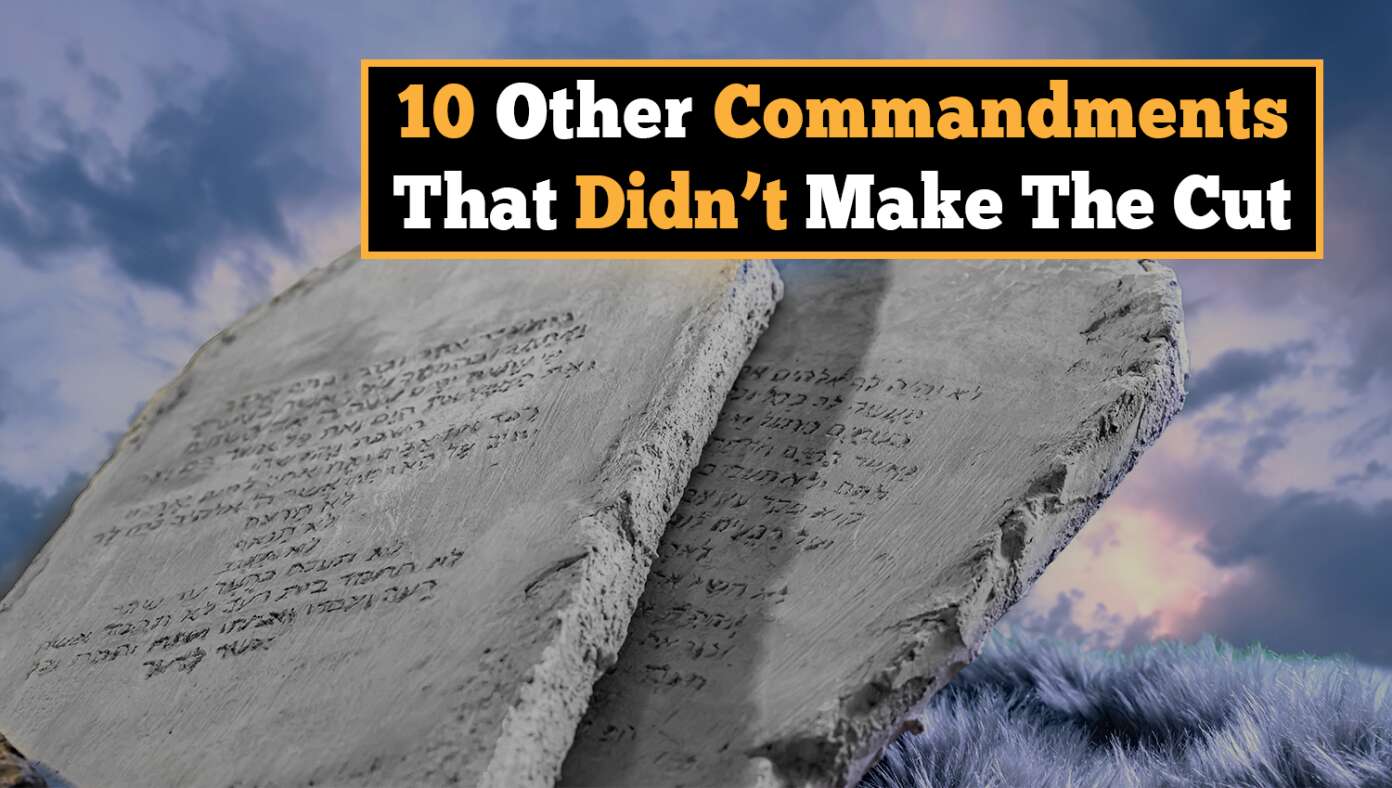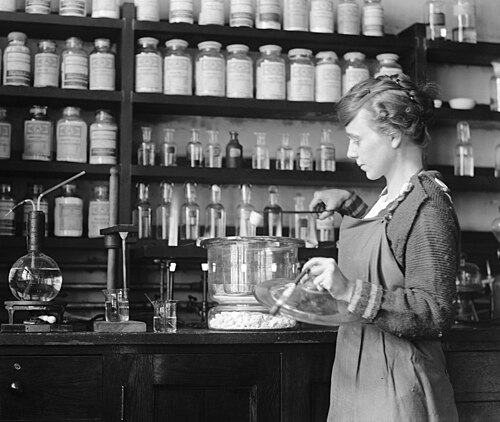
The Ten Commandments have long been seen as the backbone of societal laws for thousands of years, but did you know that there were other commandments that didn’t make the list?
Read More
The Ten Commandments have long been seen as the backbone of societal laws for thousands of years, but did you know that there were other commandments that didn’t make the list?
Read More
DALLAS, TX — The children’s pastor of Flame Passion Born Again Friends Fellowship Church caught the community’s attention after she gave an inspiring children’s church teaching that was once again jam-packed with heresies.
Read More